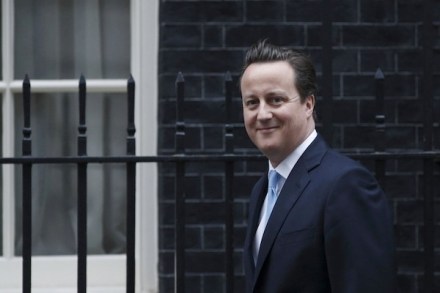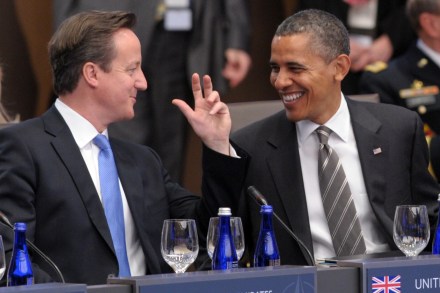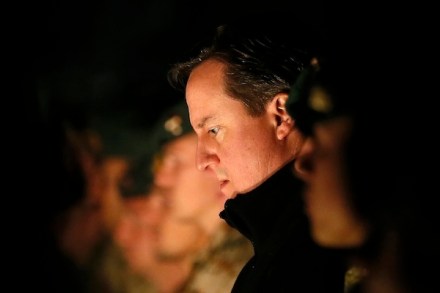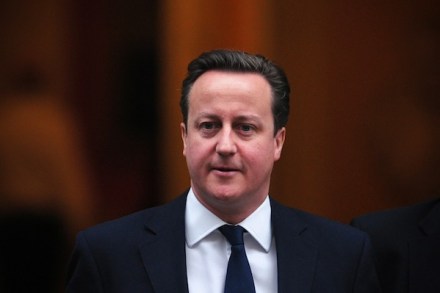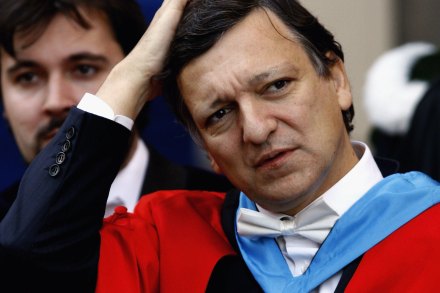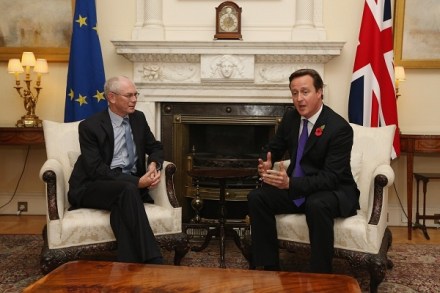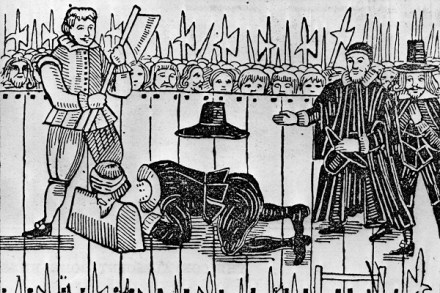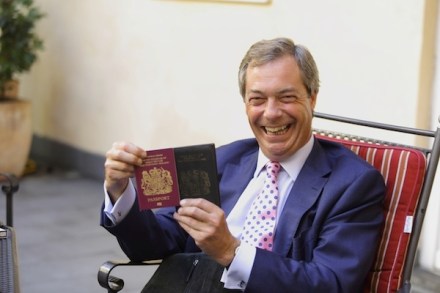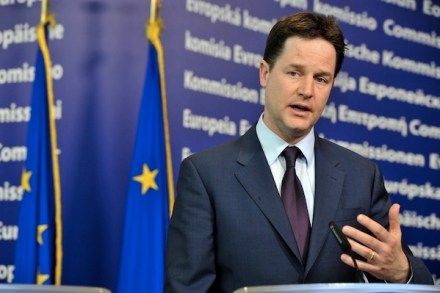David Cameron’s Europe “Strategy” is Going to Fail – Spectator Blogs
This is unfortunate, not least because the Prime Minister is a greater realist than many of his erstwhile supporters. They, too often, seem to be another bunch of Bourbons. They helped destroy the last Conservative Prime Minister and they seem determined to help vanquish this one too. The country is not nearly so obsessed with Europe as the Conservative party thinks it is and, whatever the people’s frustrations with Brussels and the European Union, I still think it unlikely the electorate is liable to be impressed with or by a party that spends quite so much time and energy on the European question. Not that the Prime Minister is helping.



